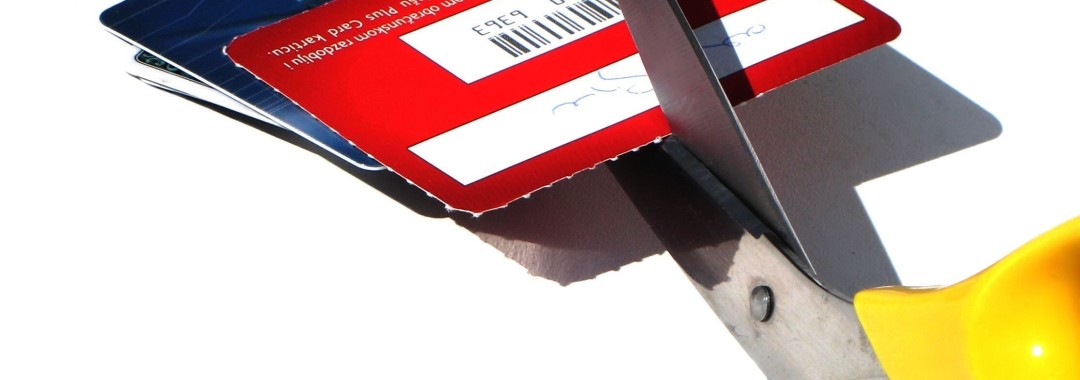A large majority of new bankruptcy cases filed are either a Chapter 7 or a Chapter 13. But how do you chose which one is right for you? The answer depends on many factors, including your income, assets, debts, and your overall goal. Certainly, consultation with your bankruptcy attorney will help you make this decision. However, we will try to give you some insight as to what you should be thinking about when making the decision.
Chapter 7 Bankruptcy
A Chapter 7 Bankruptcy is what we call a liquidation bankruptcy. That means the system is designed to liquidate any non-exempt equity in property that you own to be paid to your unsecured creditors. At the same time, all unsecured debts are eliminated through a Chapter 7 case. If you do not have any non-exempt equity, your unsecured creditors will receive nothing. In order to qualify for a Chapter 7 case, you must meet certain income requirements. Essentially, if you make too much money, you will not qualify for a Chapter 7. However, Chapter 13 will still be available. A Chapter 7 is usually for low income debtors with little to no assets and who are primarily trying to eliminate unsecured debts, such as credit cards.
Chapter 13 Bankruptcy
A Chapter 13 Bankruptcy is sometimes referred to as a “wage earner” bankruptcy. It is designed for people with regular income who can pay back at least a portion of their debts. In Chapter 13, you will propose a payment plan that will allow you to make payments over a period of time between 36 months (3 years) and 60 months (5 years). For a detailed discussion of how the plan payments are calculated, see our post on a How Much Will I Have to Pay in My Chapter 13 Bankruptcy? A Chapter 13 bankruptcy offers many benefits not available under a Chapter 7 case. For instance, if you are behind on your car or house payment, a Chapter 13 will allow you to catch the payments up over 3 to 5 years. Also, you can sometimes reduce the amount you owe on a car or other property if the property is worth less than what is owed. Furthermore, you are allowed to keep all of your property. The trustee does not sell property with non-exempt equity, but you will be required to pay to unsecured creditors through your plan an amount equal to the non-exempt equity. A Chapter 13 is usually for people who can make regular monthly payments and want to keep property, such as their house or car.

